Current Section: model
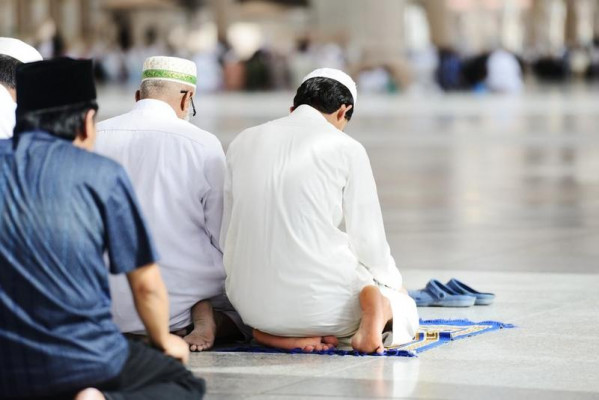
Lesson The Conditions and Ruling of the Prayer
Conditions of prayer
The state of purity from any ritual impurity. Anas bin Malik narrated: The Messenger of Allah (PBUH) said: "Allah does not accept Salah (prayers) without purification". authentic Hadith reported by Ibn Majah.
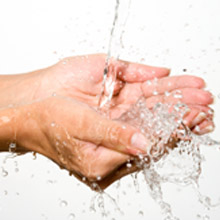
It is required to cover the private parts with a garment that is not revealing due to its shortness or transparency.
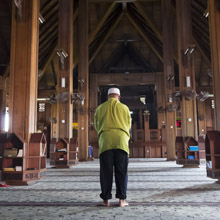
From the naval to the knee

All of her body except her face and hands. On the authority of Aisha (may Allah be pleased with her) who said: The Prophet ﷺ said: «Allah does not accept the prayer of an adult female unless she wears a veil.» (Abu Dawud, 641, At-Tirmidhi, 377)

Allah says: (O children of Adam, take your adornment at every mosque) [Al-A’raf:31] and covering the private parts is the least amount of adornment, and the meaning of every mosque is every prayer.
Allah says: (So from wherever you go out [for prayer, O Muhammad] turn your face toward al-Masjid al-haram, and indeed, it is the truth from your Lord. And Allah is not unaware of what you do.) [Baqarah:149]
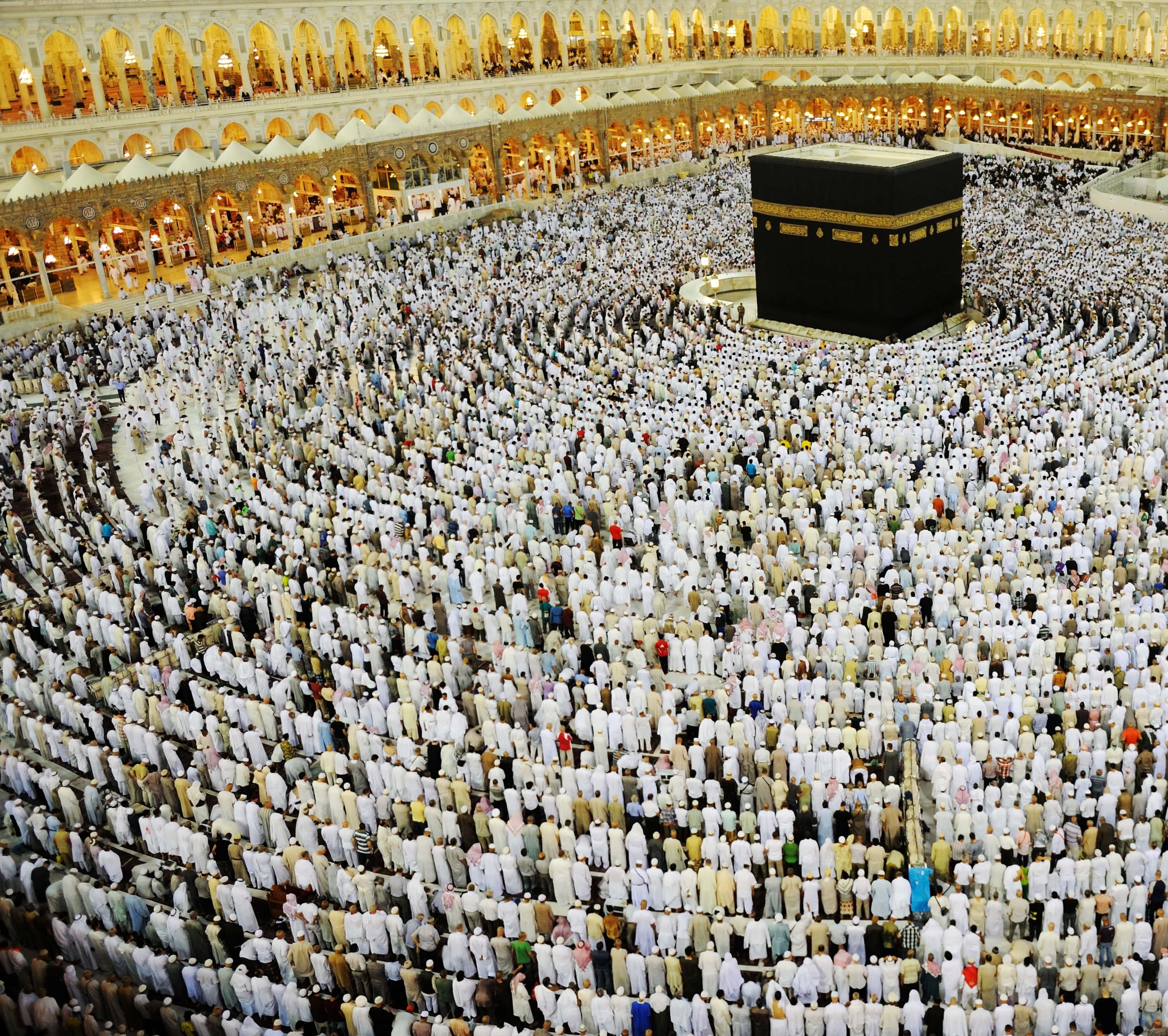
The qiblah of Muslims is the honorable Kaaba built by the father of the prophets, Abraham, peace be upon him, and (many of) the prophets, peace be upon them, made pilgrimages to it. We know that the stones (of the Ka'ba) do not cause harm or bring benefit, but Allah has commanded us to turn to it in prayer so that all Muslims can unite in one direction, so we worship Allah in this direction.
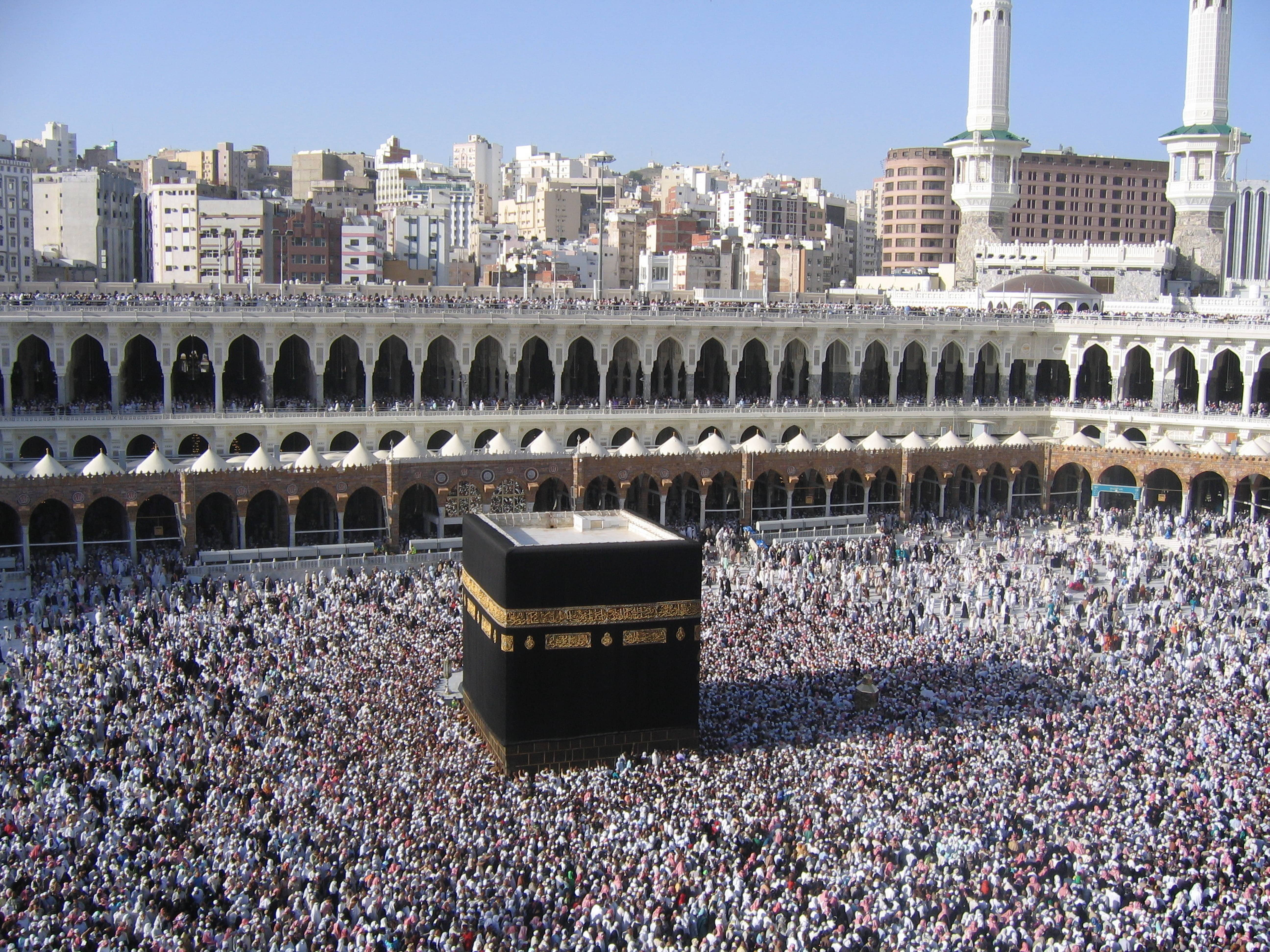
How to face the Qibla?
The Muslim must turn towards the Ka'ba if he can see it in front of him. As for the one who is far away, it is sufficient for him to turn to the direction of Makkah, and a slight deviation in the direction is acceptable, as the Prophet ﷺ said: «Whatever is between the east and the west is a qiblah.» (At-Tirmidhi:342)
The obligation falls with this inability, just as all duties fall with the inability to perform it. Allah says: (So fear Allah as much as you are able). [At-Taghabun:16]

It is a condition for the validity of the prayer, and the prayer is not valid before its time has started. It is forbidden to delay it beyond its time, as Allah says: (Indeed, the prayer is a fixed ordinance upon the believers). [An-Nisa:103]

It is better to perform the prayer at the beginning of its time. On the authority of Umm Farwa (may Allah be pleased with her), who said: "The Messenger of Allah ﷺ was asked: Which deeds are the best?" He said: «Prayer at the beginning of its time.» (Abu Dawud, 426)
Prayer must be performed on time, and it is forbidden to delay it except when it is permitted to combine the two prayers.

He must immediately make it up as soon as he realizes. On the authority of Anas bin Malik (may Allah be pleased with him) who said: The Prophet of Allah ﷺ said: «Whoever learning_islam_dbts a prayer, or sleeps and misses it, then its expiation is for him to pray it when he remembers it.» (Muslim, 684)

The Obligation of the Prayer
Prayer is obligatory for every sane adult Muslim other than menstruating or postpartum women, so she does not pray during her period or during postpartum bleeding. She does not have to make up for it after she becomes purified and the bleeding has ended.
Adulthood is reached when one of the following signs is present:
The Five Obligatory Prayers and Their Times
Allah has imposed on the Muslim five prayers per day and night, which are the pillar of the religion, and He emphasized the obligations upon Muslims and made clear the times as follows:
It is two rak’ahs, and its time starts from the appearance of the second dawn, which is the beginning of the light on the horizon in the east and ends with sunrise.
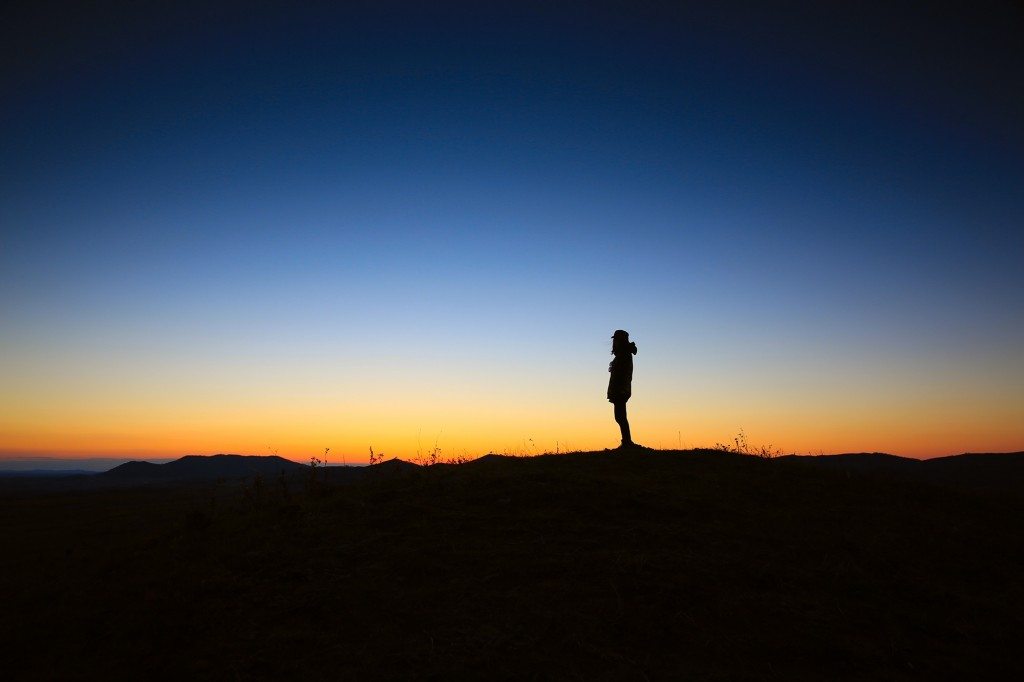
It is four rak'ahs, and its time starts from the sun's zenith - the sun's inclination to the direction of sunset after reaching its midpoint in the sky and ending when the shadow of everything becomes equal to its length.

It is four rak’ahs, and its time starts from the end of noon when the shadow of everything becomes equal to every object and ends with sunset, and the Muslim should hasten to pray before the sun’s rays weaken and turn yellow.

It is three rak'ahs, and its time starts with the sunset and the disappearance of the sun from the horizon and ends with the disappearance of the red twilight that appears after sunset.
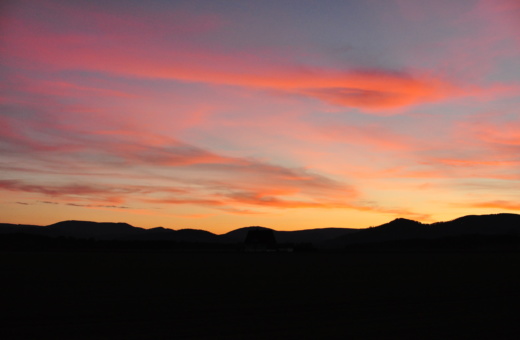
It is four rak'ahs, and its time starts from the disappearance of red twilight after sunset and ends at midnight, and if necessary, can be performed until dawn.

Place of Prayer
Islam commanded men to perform the prayer in congregation and encouraged that it be in the mosque; To be a forum and a meeting place for Muslims, thus increasing the bonds of brotherhood and love between them and making that better than a man’s prayer alone by many degrees, as the Prophet ﷺ said: «Prayer in congregation is twenty-seven degrees superior to an individual prayer.» (Al-Bukhari, 645, Muslim 650, Ahmed 5921)
Rules for the Place of Prayer
Islam stipulates that the place of prayer be pure land. Allah says: (And We charged Abraham and Ishmael, [saying], "Purify My House for those who perform Tawaf and those who are staying [there] for worship and those who bow and prostrate [in prayer].) [Al-Baqara:125]
The default of any place is that it is pure.
The default rule is purity, and impurity is not the norm, so if you do not know the presence of an impurity, then judge it to be pure, and praying on every clean surface is permissible. One should not be burdened with taking a prayer mat or cloth, only praying on that.
There are general controls for the place of prayer that the worshiper must observe, including:
1. Not to harm people in the place (chosen) for the prayer, such as those who pray on roads and pathways used and what is forbidden to stand in the way, which causes inconvenience and crowding of people, and the Messenger of Allah ﷺ forbade doing harm and receiving harm. He says: «There is neither harm to be done to others nor harm should be received.» (Ibn Majah 2341, Ahmad 2865).
2. It should not contain anything distracting the worshiper, such as pictures, loud sounds, or music.
3. That the place is not dedicated to the disobedience to Allah, such as discos and nightclubs, and it is disliked to pray in them.


